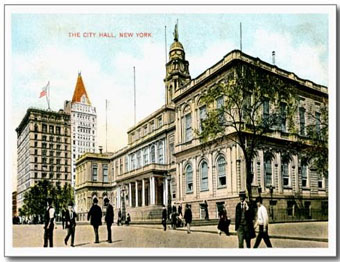
Mayors Do It Better
By Thursday Review staff | Saturday, January 4, 2014 |
A new book by Benjamin R. Barber suggests that if mayors were in charge of our political and social futures, we’d all be better off.
If Mayors Ruled the World: Dysfunctional Nations, Rising Cities, published by Yale University Press, contains an important central thesis: that because the mayors of cities and towns—worldwide—have neither the time nor the latitude to wait on national and global political solutions to evolve, their unique role as leaders of cities propels them toward fast, tractionable action. When the familiar faces of David Cameron, Angela Merkel, Barack Obama and Enrique Pena Nieto huddle at well-publicized international confabs or summits, those national leaders are often—or so we cynically assume—engaged in an elaborate photo op. Consensus is hard to build, and nations are reactive and protective. Solutions, if they do emerge from such mega events, are often sluggish, slow, or sometimes dead-on-arrival.
Barber argues that mayors, because of the on-the-ground political pressures they face, have no such luxury. The day-to-day pressures of cities—jobs, employment, crime, schools, fire and police, budgeting—are at the very core of what cities and communities are about. And the global attributes that most affect cities, when they do arrive, are often detrimental to the health and stability of the idea of the city.
Further, Barber identifies a concern that many sociologists and political scientists have long-identified as a potential roadblock to solutions on a global scale: the scope and shape of some national and international problems are often too complex for grand solutions. Mayors often have the latitude and political skills to operate outside of the framework which restricts presidents, chancellors and prime ministers worldwide. And because mayors typically emerge from the local level, working their way through a variety of in-town jobs, community projects, local offices, business partnerships and a pragmatic adaptability to local media, their ability to build consensus—quickly and effectively—outstrips that of nationally-elected leaders.
This is an intriguing look at the collaborative and consensus-building skill of executive leaders at City Hall, and how their daily realities shape how they approach problems and resolve to find real-world solutions.
